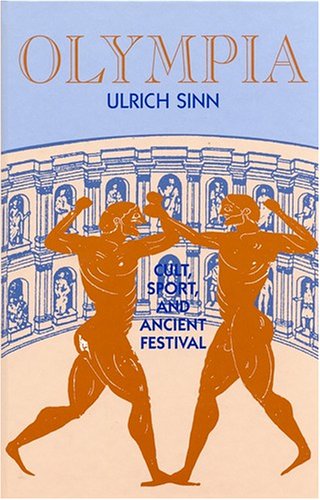In antiquity Olympia stood for sports. A victory at the Olympic games led to lifelong honours and often to a political career and wealth. Alcibiades, a multifaceted politician from Athens, sponsored all seven chariots in a race to guarantee that one of his horses would definitely win and he would get the honour. Alexander the Great and other kings and emperors, as well as wealthy and powerful men and women, financed the games by erecting religious and civic monuments. Olympia's monuments are associated with the best-known artists of its time. The Zeus temple became one of the Seven Wonders of the World. Olympia also had an oracle, which was another major tourist attraction. Numerous ancient sources provide lively reports about Olympia: activities in the sports arenas, the rites of the games, the reactions of the visitors. They also detail sometimes unpleasant daily realities: the crowds, the dust, the heat and the thirst. Still, many mysteries remain: When and why was the Olympian fire extinguished? Why are there so many arms found in a place that is famous for its Olympian peace? Olympia is situated in the western corner of Greece; why is it filled with oriental art? Some answers can be found in archaeological excavations. The author, Ulrich Sinn, has been responsible for major archaeological work; some of the latest is described in this book for the first time.
- ISBN13 9781558762398
- Publish Date 31 August 2000 (first published 31 December 1996)
- Publish Status Active
- Publish Country US
- Imprint Markus Wiener Publishing Inc
- Format Hardcover
- Pages 160
- Language English
